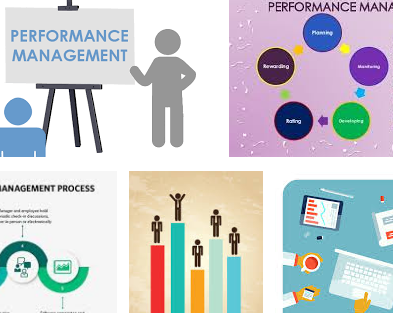A successful performance management system should incorporate performance improvement, development of teams and individuals, and behavior management to ensure productive working relationships. Structures which support the effective functioning of the performance management system includes performance objectives and performance standards should aligned with organizational values. But the achievements of organizational goals are someway deceptive; are truly supported by the organization to achieve ‘optimum’ performance.
Whilst ‘gaming’ could have an impact on performance, the resources by which the phenomenon could be conceptualized and then quantified presented some challenges. ‘Gaming’ refers to the distortion of policing priorities and performance measures are maintained. Comprehensive and reliable measures of performance are potentially an essential requirement of performance management systems. Some would reiterate the need to ensure performance management systems are not compromised by ‘gaming’.
These phenomenon of ‘gaming’ although methodically process, it presented some problems as managers would be unlikely to admit to behaving in a dysfunctional manner involved the exploitation of loose definitions to legitimize ‘behavioral gaming’. Somehow the “Rituals” and the industry suggest many organizations “still regard performance management as a mechanistic annual ritual which is a necessary evil, but has little relevance to their ‘bottom line’.”
Thus it highlights the problems of leaderships to adopting performance management that are related to management attitudes, knowledge and education. It also suggests leaders must understand the global challenges of disorders and implications in this era of constant change.








